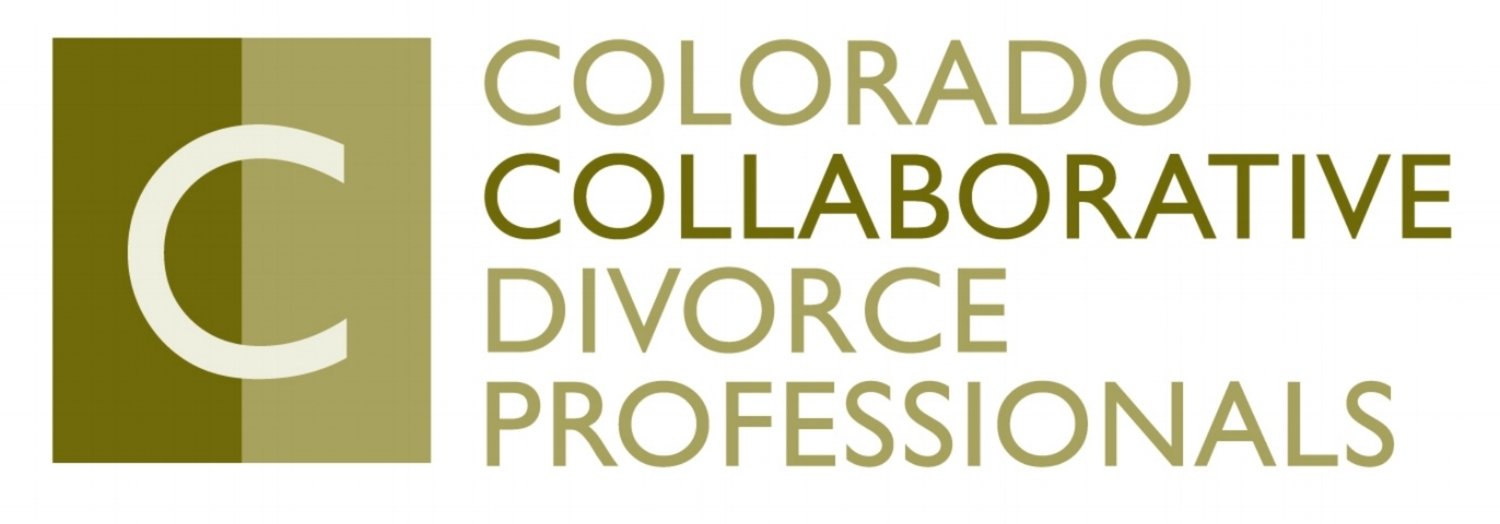Not every divorce requires a lengthy court battle or endless legal fees. For many couples, especially those with fewer contested issues, a collaborative approach can offer a more affordable and less adversarial way to reach a resolution. It’s a process that benefits clients, attorneys, and everyone involved.
Let’s look at why collaborative divorce is especially well-suited for non-complex cases and how it can strengthen your family law practice.
Why Collaborative Divorce Works for Simpler Cases
When clients are open to working together and the issues are relatively straightforward, collaborative divorce can provide the necessary structure and support without the stress and expense of traditional litigation. These are often cases where:
There are no complex financial entanglements
Both parties are willing to engage in respectful negotiation
The couple shares common goals about parenting or property division
Each side wants to preserve dignity and minimize emotional fallout
In these situations, collaborative professionals can help guide clients toward solutions with far less time and expense than litigation typically requires.
Financial Predictability Is a Major Advantage
Cost is often a driving factor for clients, and understandably so. Courtroom battles are not only emotionally taxing but financially draining. Collaborative divorce keeps the process on track with structured meetings and focused discussions, which helps reduce both billable hours and costly delays.
Clients appreciate knowing what to expect, and professionals benefit from a more manageable and transparent billing process. In many non-complex cases, the collaborative model offers the most cost-efficient and value-aligned outcome available.
Collaborative Keeps the Focus on Problem-Solving
Litigation tends to push couples apart, while collaborative divorce encourages joint problem-solving. With legal, financial, and mental health professionals all aligned around resolution, clients are more likely to feel heard, supported, and empowered.
This not only serves the client well, but it also helps you as a professional foster stronger long-term relationships and more positive referrals. It shifts the tone of your practice from conflict management to conflict resolution.
It's a Smoother Path for Family Systems
As we’ve learned, divorce impacts the entire family. In cases involving children, especially, a collaborative approach helps create stability and protect co-parenting relationships.
Because it emphasizes open communication and mutual respect, the process often results in agreements that are easier to uphold and adjust over time. That makes your role as a legal professional more effective and more rewarding.
Why Collaborative Divorce Supports Your Growth
Incorporating collaborative work into your practice benefits your clients while helping you grow professionally. Many family law attorneys appreciate the opportunity to work in a team-based environment, connect with other professionals, and take on cases that feel productive rather than combative.
You’ll still offer strong legal advocacy, but within a framework that values efficiency, empathy, and outcomes that actually work for families. For many professionals, that’s a refreshing shift.
The CCDP Community Supports You
Colorado Collaborative Divorce Professionals (CCDP) brings together attorneys, financial specialists, and mental health professionals who are committed to improving the divorce process through collaboration.
If you're interested in growing your network, staying connected to the latest in collaborative practices, and accessing a supportive community of like-minded professionals, we invite you to explore CCDP membership.
Join us in helping Colorado families find a better way forward, and in building a stronger, more connected practice in the process.

